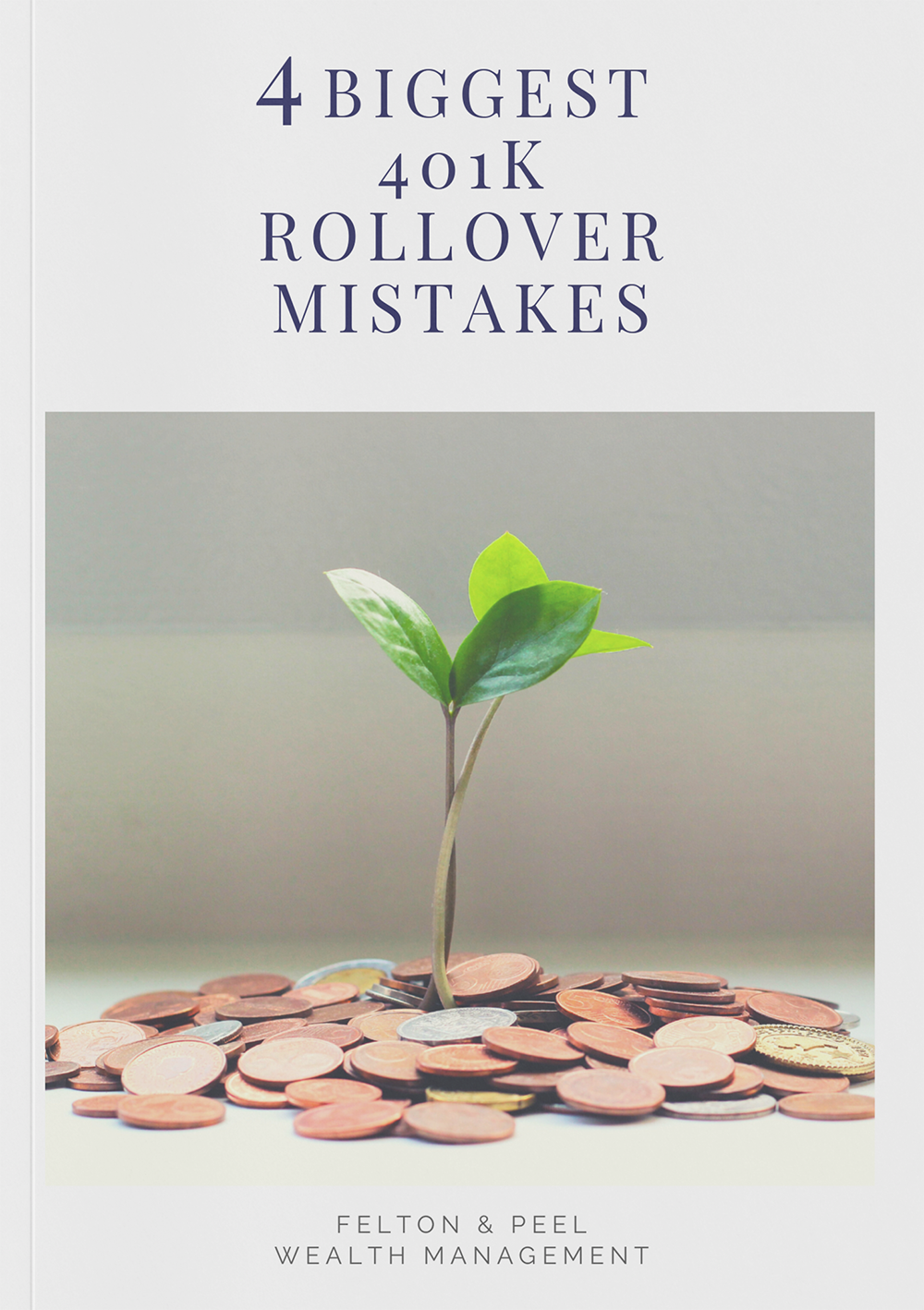
Capital Gain Distributions & Interest Income: Friends or Foes?
Few words strike fear into the hearts of American earners as quickly as IRS audit or tax bill. In fact, even more favorable-sounding terms, like capital gain distributions and interest income, can cause a bit of hysteria among taxpayers.
Given recent economic changes like rising interest rates and market fluctuations, it’s no surprise that investment strategy and tax planning are on many savvy savers’ minds—and it’s the perfect moment to clear up some confusion around these scary-sounding scenarios. Let’s briefly dive deeper to understand how capital gain distributions and interest income may affect your taxes this season.
Capital Gain Distributions: Glitter, But Not Always Gold
A capital gain distribution is a payment by a mutual fund or an exchange-traded fund (ETF) of a portion of the proceeds from the fund’s sales of stocks and other assets from within its portfolio.
Each December, funds typically calculate and pay out the distribution to investors in the form of a dividend and report the payment on Form 1099-DIV.
Sweet deal, right? Not so fast. Investors can’t just pick and choose when they want these distributions to happen as they can with other capital gains; they are based on investment decisions made by the fund manager and other flows in and out of the fund. For example, if investors redeem their shares from a fund (essentially “selling their shares”) due to market fluctuations or to increase their cash on hand, managers, in turn, may be forced to sell assets held by the fund to pay that investor. As a result, a capital gain might be created and distributed to remaining investors, causing a capital gain distribution even if you did not redeem any of your shares.
And of course, that distribution is still subject to capital gains taxes, which can be either at the long-term or short-term capital gains rate depending on the holding period of the shares sold by the fund manager. Unfortunately, even if you choose to have your capital gains reinvested back into the fund, it’s still subject to capital gains taxes—because according to the IRS, it’s still income. In short, it’s a bit of a mixed blessing.
This dynamic is one of the downsides of investing in a mutual fund or ETF, and the only viable workaround is to avoid these investments altogether or build your own fund using individual stocks. (Still, for many investors, mutual funds and ETFs can still be valuable additions to your portfolio and an easy way to build diversity into your set of assets.)
Your Interest Income May Want Its Cut Too!
Interest income occurs when you receive payments from fixed-income investments and cash alternatives—think bonds, CDs, and money markets.
In past years, most investors haven’t realized sizable interest income due to historically low interest rates. But with the unprecedented interest rate hikes of 2022 and 2023, we have seen yields hit a more-than-20-year high, with both taxable bonds and high-yield savings accounts eclipsing 5% APY. In this environment, interest income has become more substantial for taxpayers—which certainly seems like good news on the face of it.
But as with capital gain distributions, the resulting interest income tax bill may come as a surprise to taxpayers. (Unfortunately, interest income is always taxed at ordinary income rates.)
What to do? Well, if you’re an investor who is highly sensitive to taxes, you might consider consulting your trusted advisor about adding municipal bonds to your portfolio. Municipal bonds can help mitigate your tax liability since interest income on these investments is tax-free at the federal (and sometimes state) level.
All in all, predicting your income on your investments and related tax liability can be a highly technical process. At Felton and Peel, we strive to identify, plan for, and mitigate pain points in the process, making an inherently bumpy ride smoother. Schedule a consultation with us today to get started.







